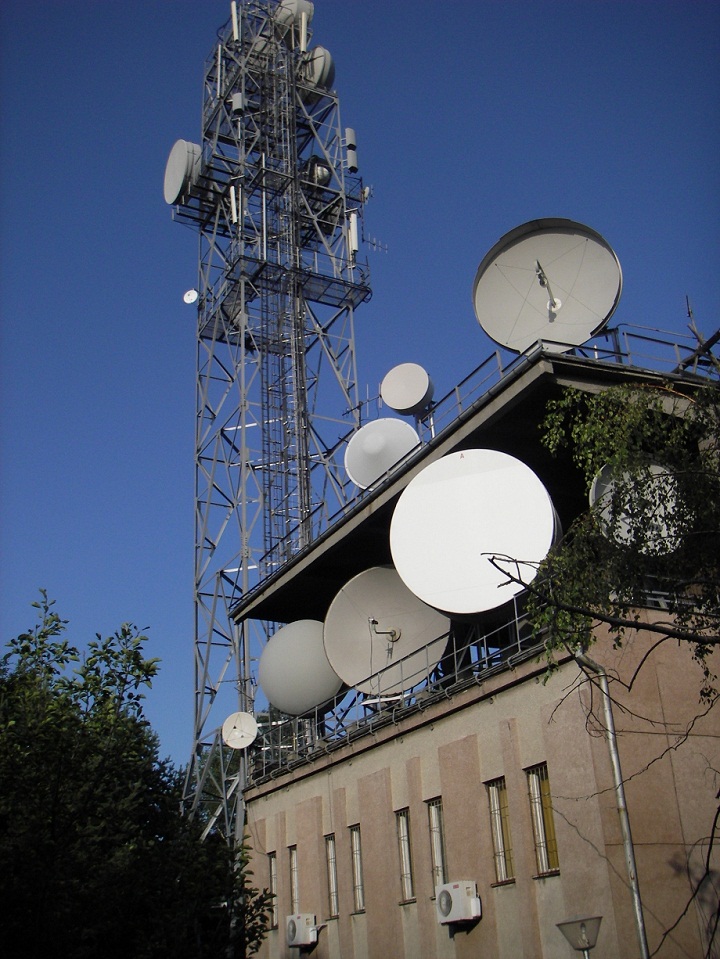 Critics blame poor quality of service on low cost equipment from vendors
Critics blame poor quality of service on low cost equipment from vendors
Knowhow Media International Reports – Writers/Researchers: MARTIN EKPEKE
One of the downsides of the Nigeria’s much touted telecom revolution is the poor quality of service that subscribers daily contend with. For this, the telecoms regulator has flexed its muscle – sanctioning telcos with heavy fines to make them comply with the Key Performance Indicators (KPIs).
But while the Nigerian Communications Commission (NCC) is making efforts to ensure that KPIs are met, operators on their own are cutting down on costs to balance out their expectations for higher returns on lower operational costs. Telcos are saving cost on equipment deployment and sites management in a way that compromises network quality and skews their claims on network rollout and optimization. They are going for vendor suppliers that give them lower cost. One of the major beneficiaries of this is Huawei.
In the last five years, the Chinese company has emerged to become the major telecom supplier in the Nigerian telecom space, edging out Swedish Ericsson and French Alcatel-Lucent to become the preferred vendor because it offers a portfolio of services and equipment at far lower rates than its competitors are able to bring to deal.
Huawei ties in equipment supplies and skilled Chinese labour at lower rates than the European suppliers to effectively knock them out of the bargain. What it will cost Ericsson to put only one highly trained engineer on a client’s sites in Nigeria, Huawei will provide three to four Chinese personnel at the same cost in a packaged deal which may include better, scalable finance options designed to ensure the telco-client looks nowhere else.
The snag is, as some industry watchers claim, cheaper is not always better. Such practices have impacted on the quality of personnel and the quality of equipment supplied. “Somehow, they get to work around the regulatory guidelines to supply not the best of breed whether in terms of equipment supply or in terms of the personnel. They bring a mix of the well trained and those you may regard as trainees passed off as skilled labour to manage very sensitive sites,” said one industry player who should know in Lagos.
But Huawei described the accusation as mischievous while dismissing it as mere talk by competitors who have lost out in the game. In Lagos, a senior official of Huawei who said he is not authorised to speak to the media, said Huawei brings better offers to the market without compromising on quality. “We are able to give operators what they want at a price [that is] friendly to their business. We bring the best. We bring global standard and everyone knows this,” said the official. But competitors said this is not so, that the Chinese are always having their way across Africa by their cheap-carrot approach. “We have a policy not to mention our competitors in any public statement. Any one conversant with the technicality of the market knows that the Chinese are able to compromise while we and several other western vendors cannot because of the regulatory burden that the European standard, could, for instance, impose on you,” said one senior official of Alcatel Lucent in Lagos.
Some of the largest telecom equipment vendors are struggling financially but the market shares of Chinese vendors like Huawei keep rising. In 2013 alone, Huawei signed network upgrade deal with all the major telecom operators in Nigeria, one of such deal is the $750 million network upgrade deal, the Chinese equipment vendor inked with Globacom. The idea is to make the Glo network more resilient for a better user experience. Whether the national telecoms operator users have experienced any change since the deal was signed is a question only Globacom subscribers can answer,” said Audu Bitrus Danladi, a consumer activist in Abuja. He said the NCC ought to impose stiffer sanctions on operators failing to provide quality service.
The major players in Nigeria’s telecom space are foreign companies apart from Glo. All are privately owned and “they take business decisions daily with their eyes on cost and profitability. It will be difficult for the likes of Mike Adenuga [owner of Glo] to reject a deal from Huawei and go for Nokia Siemens or any other western vendor at double Huawei’s cost. The Chinese company gives multi-billion infrastructure deals at almost zero professional cost, and most times their payment regime starts from three years, when you would have made your returns,” said telecom analysts Dayo Obisesan.
In Africa, Huawei already has strong footprints, and has continuously been seen ‘as both a security threat and an unfair competitor’ claims one report by the Wharton Business School. Huawei’s approach from the onset is to encourage its salesmen to undercut competitors in markets deemed emerging. Nigeria is one of such markets where Huawei has undercut Ericsson and Nokia by 5-15%, according to the report by Wharton Business School.
Critics of Huawei’s market dominance are convinced that there is more to Huawei’s rise than strategy, guts and innovation. “Huawei must have stolen vast amounts of intellectual property and that it has been heavily subsidised in its expansion by the Chinese government, eager to use it as a Trojan horse with which to infiltrate itself into more and more foreign networks,” says a telecom engineer in Lagos. Huawei rejects all these allegations, describing them as China-bashing.
On the part of the security threat, many people still believe Huawei might be a creature of China’s security services. Those who should know are concerned with the national security threat Huawei could pose to Nigeria. In recent times, some advanced countries blacklisted some equipment vendors because of national security concern. “Are our security agencies and regulators monitoring and keeping their eyes open to security implication of some equipment? I want to believe that if some advanced countries are concerned, then we also need to look at it. Let it be that we looked at it and we don’t have any reason to be concerned,” another telecom expert advised.
Knowing that the Chinese have a reputation for cheap labour force, MTN recently transferred about 200 of its employees to Huawei as part of a network maintenance outsourcing agreement. The agreement is part of a cost cutting exercise relating to MTN’s over 10,000 towers across Nigeria. Under the new contractual deal, the engineers have the options to work under Huawei’s “lower remuneration package” or resign.
China’s growing involvement in the Nigerian telecom market has drawn intense scrutiny and raises the question of whether or not this collaboration is beneficial for Nigeria and its development goals. Even though, their equipment can be said to have been type approved by the NCC’s Technical Standard Department, the key to their penetrating the market has been a combination of low prices and soft loan support for buyers. Why they opted for these strategies is not revealed, but the Chinese have a reputation for discretion, it can reasonably be translated as a gift today for a contract tomorrow.
Chinese companies have increasingly become important economic players in Africa and had invested heavily on the continent. For example, Huawei boasts of a total investment of USD1.5 billion in telecom services and a teeming workforce of over 4000 workers in Africa. A closer look by KMI Intelligence Unit shows that China’s interest in Africa is necessarily not to give the continent quality, but it is driven by an appetite for Africa’s natural resources as some of its investments are tied to resource extraction. As Sanusi Lamido, former governor of the Central Bank of Nigeria (CBN) succinctly puts “China is a major contributor to the de-industrialisation of Africa and thus African underdevelopment. Africa must recognize that China is not in Africa for African interests.”
Another observer was blunter: “In the absence of Nigeria not presently possessing the technological muscle to midwife homemade telecom infrastructures, companies like Huawei have taken over the Nigerian telecoms market to the detriment of major European and American competitors like Motorola and Nokia Siemens, not to develop it but to take advantage of it. Regulators must be on the alert.”





























